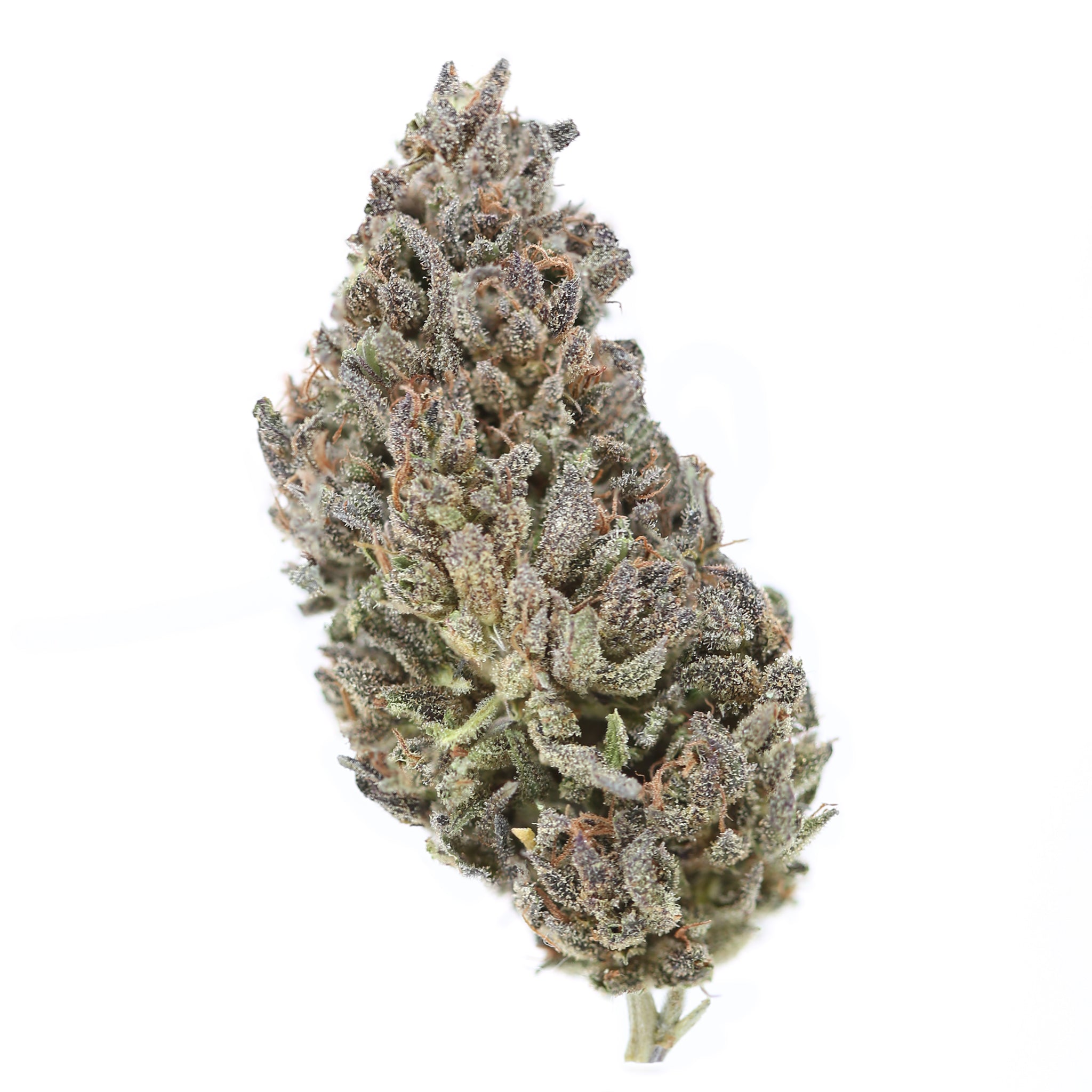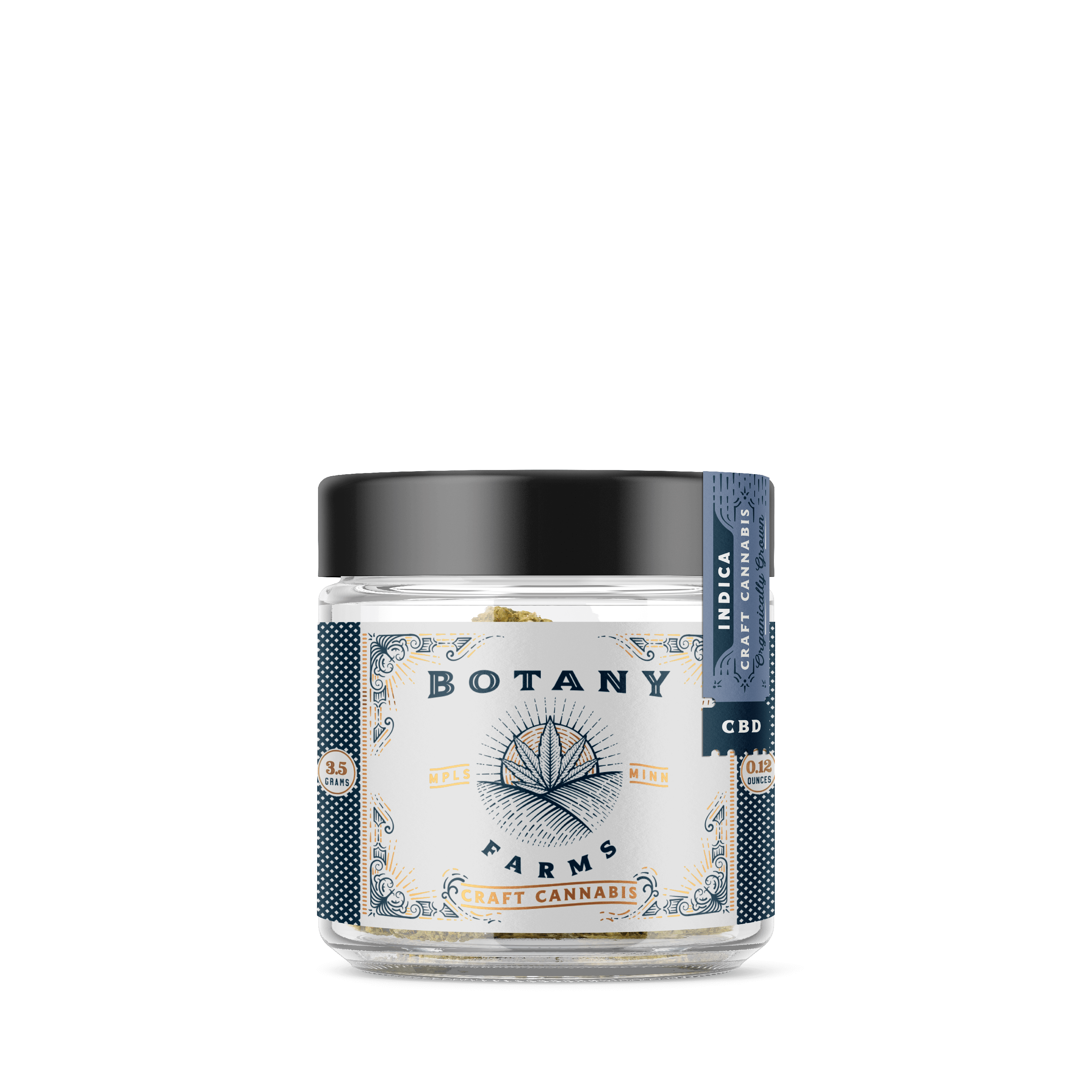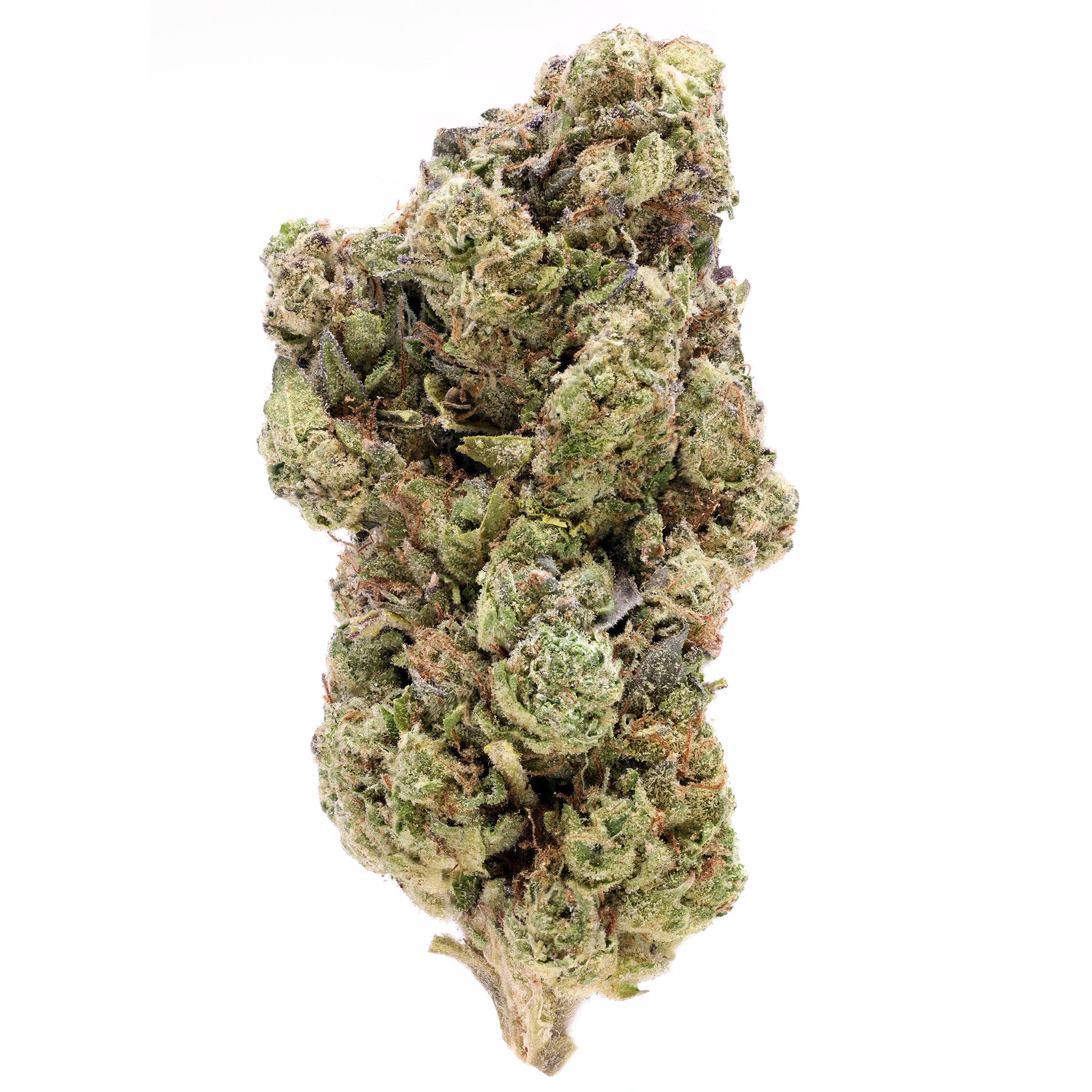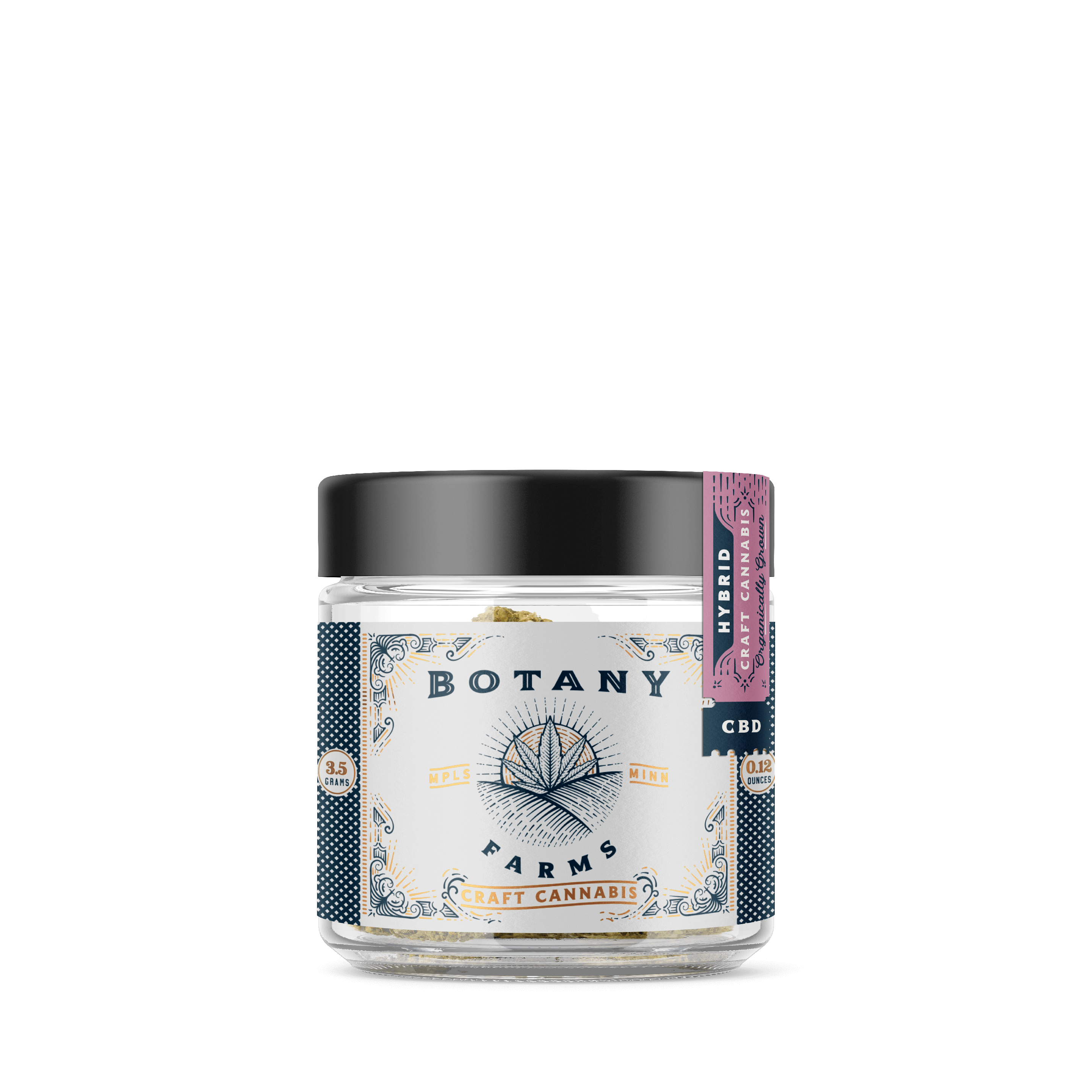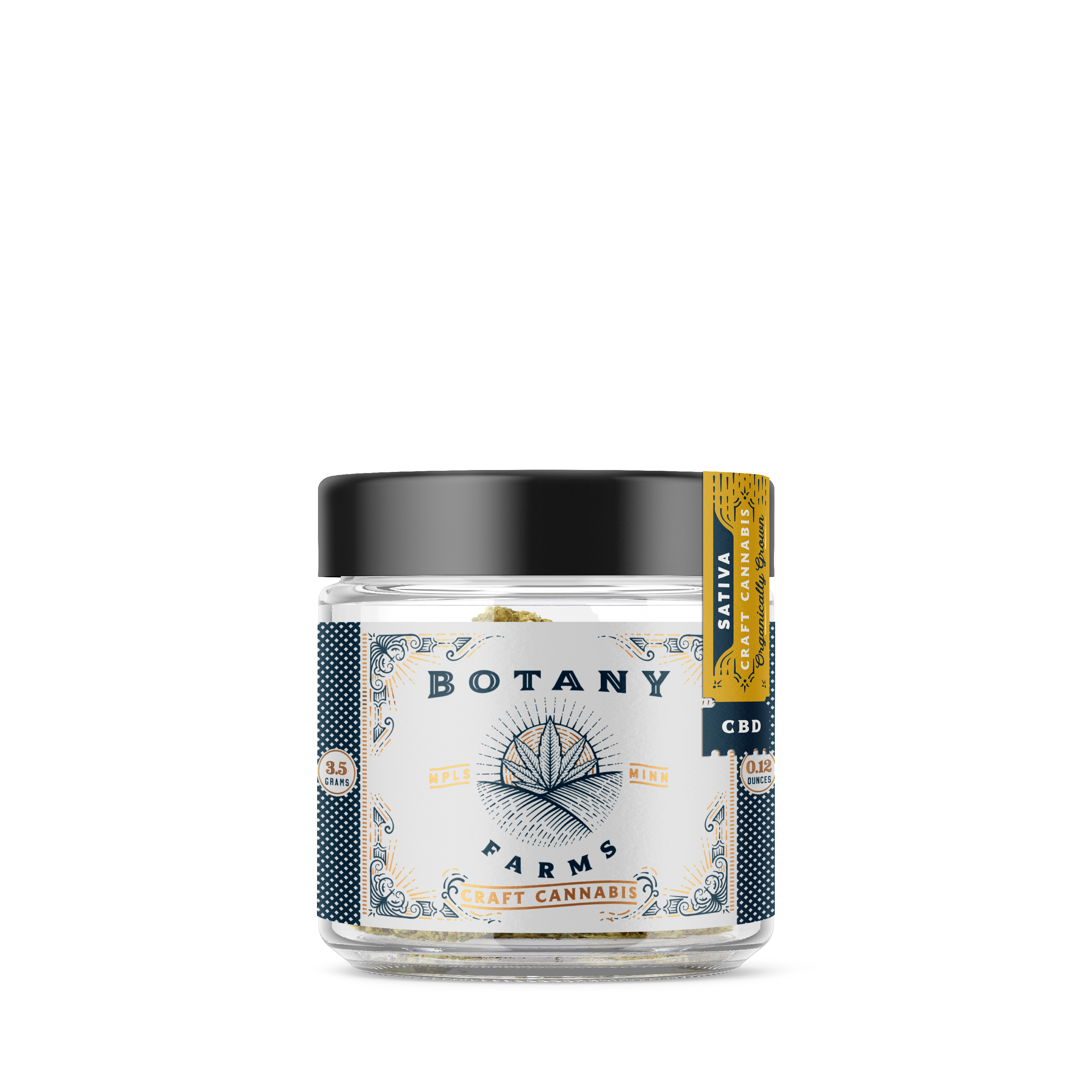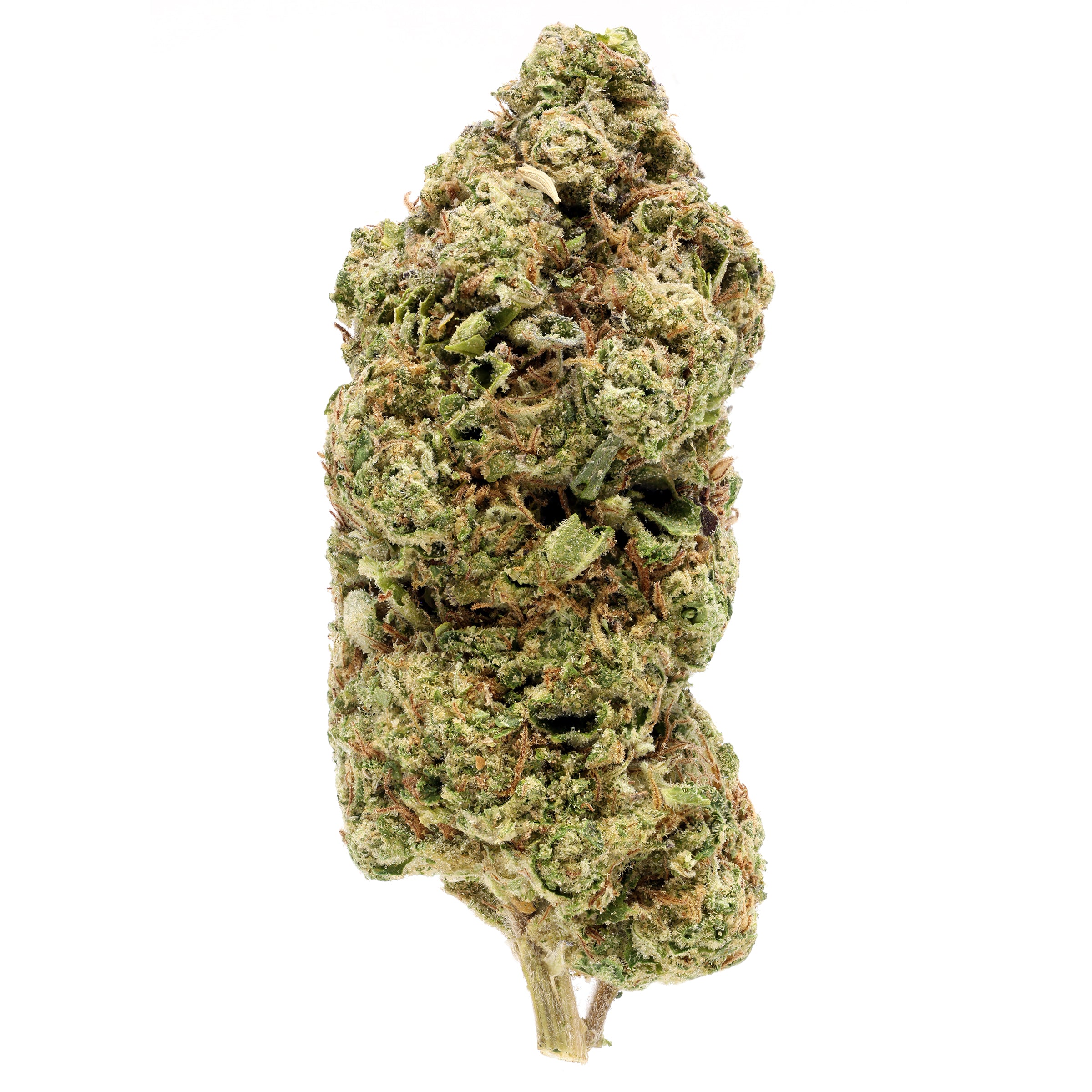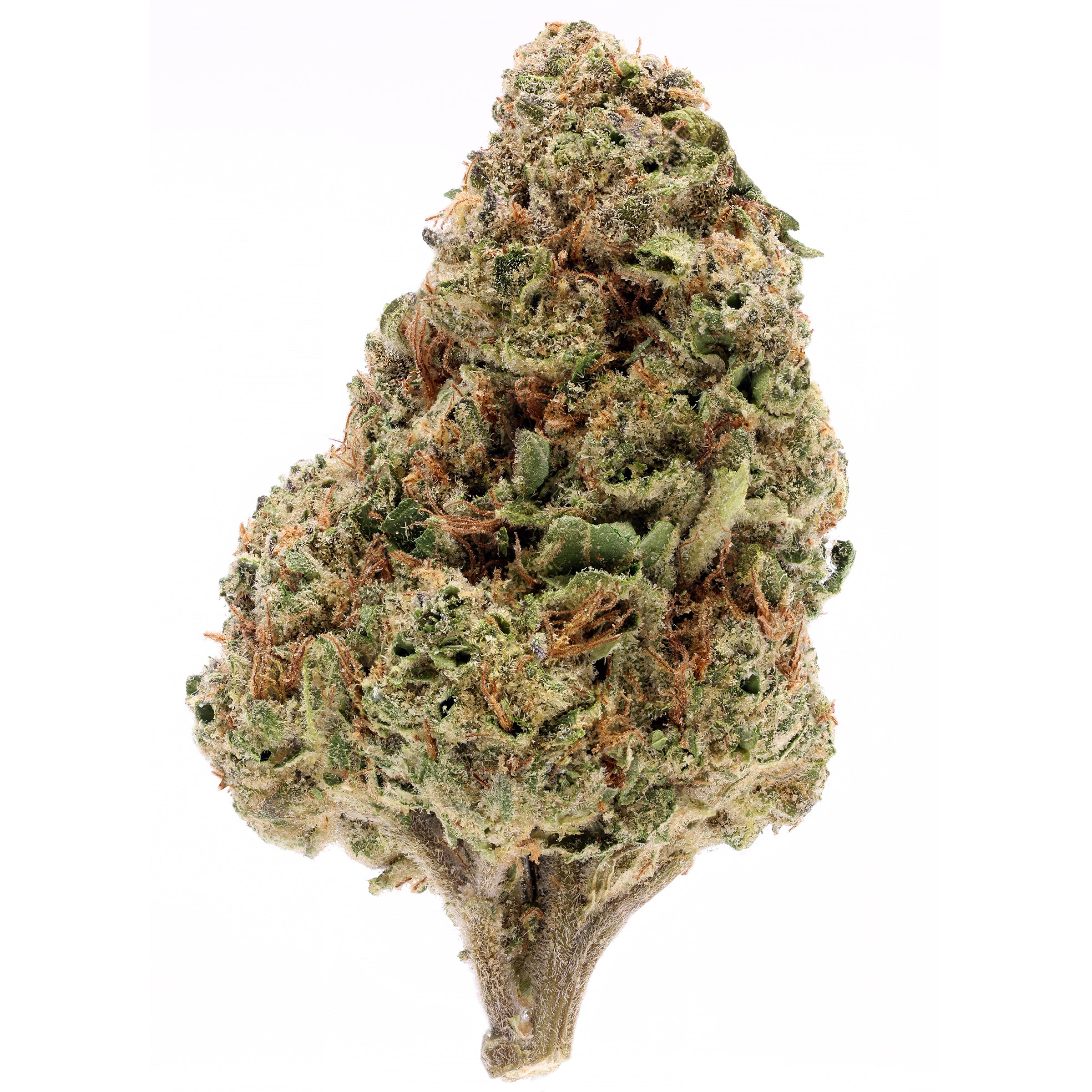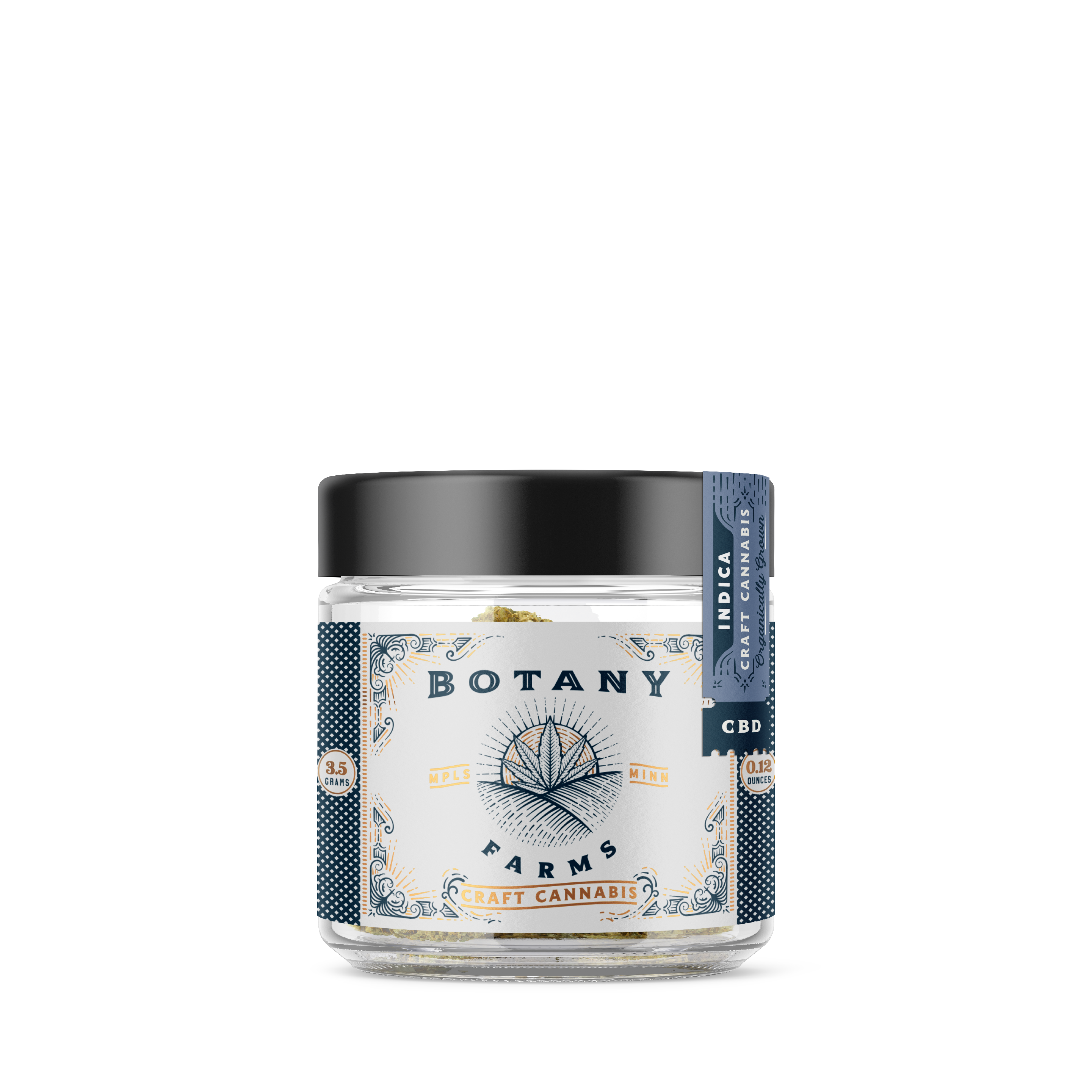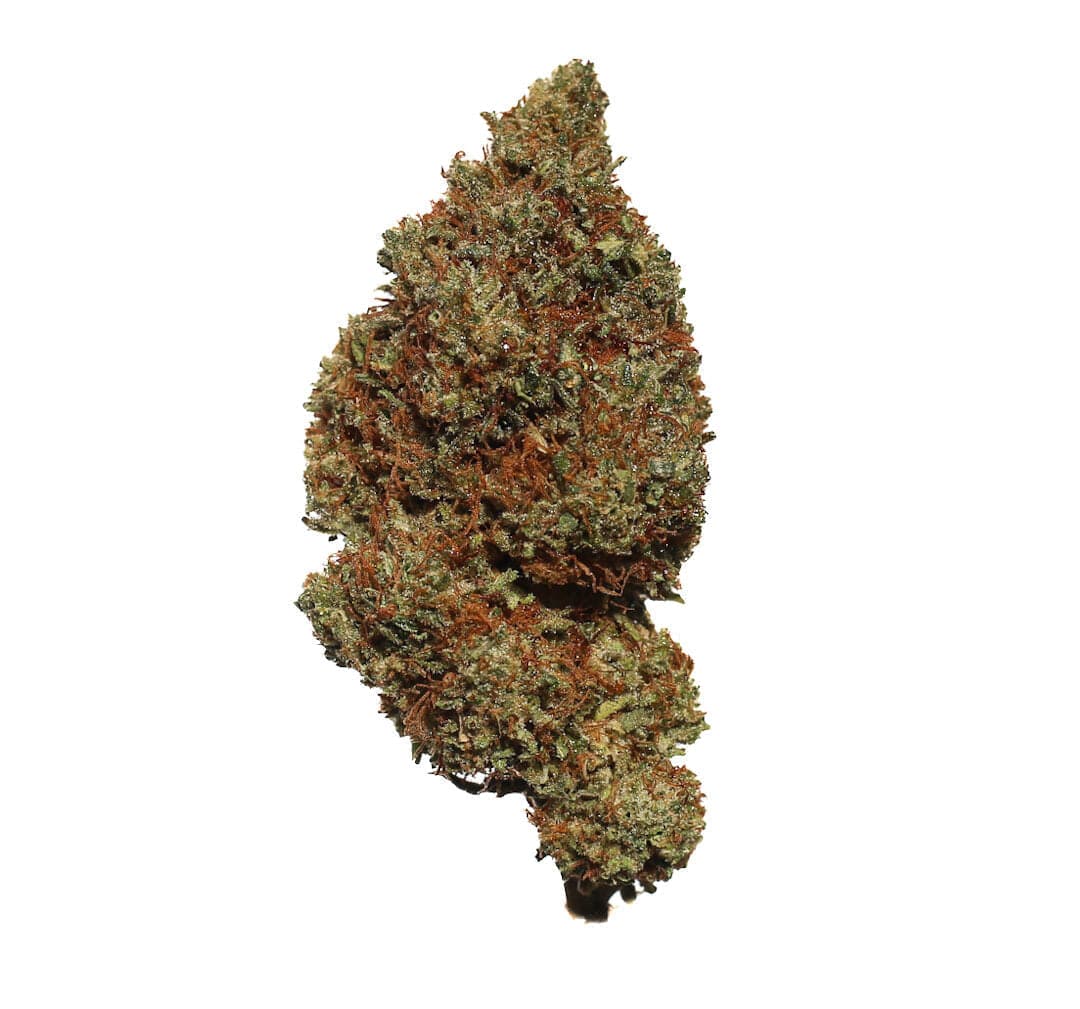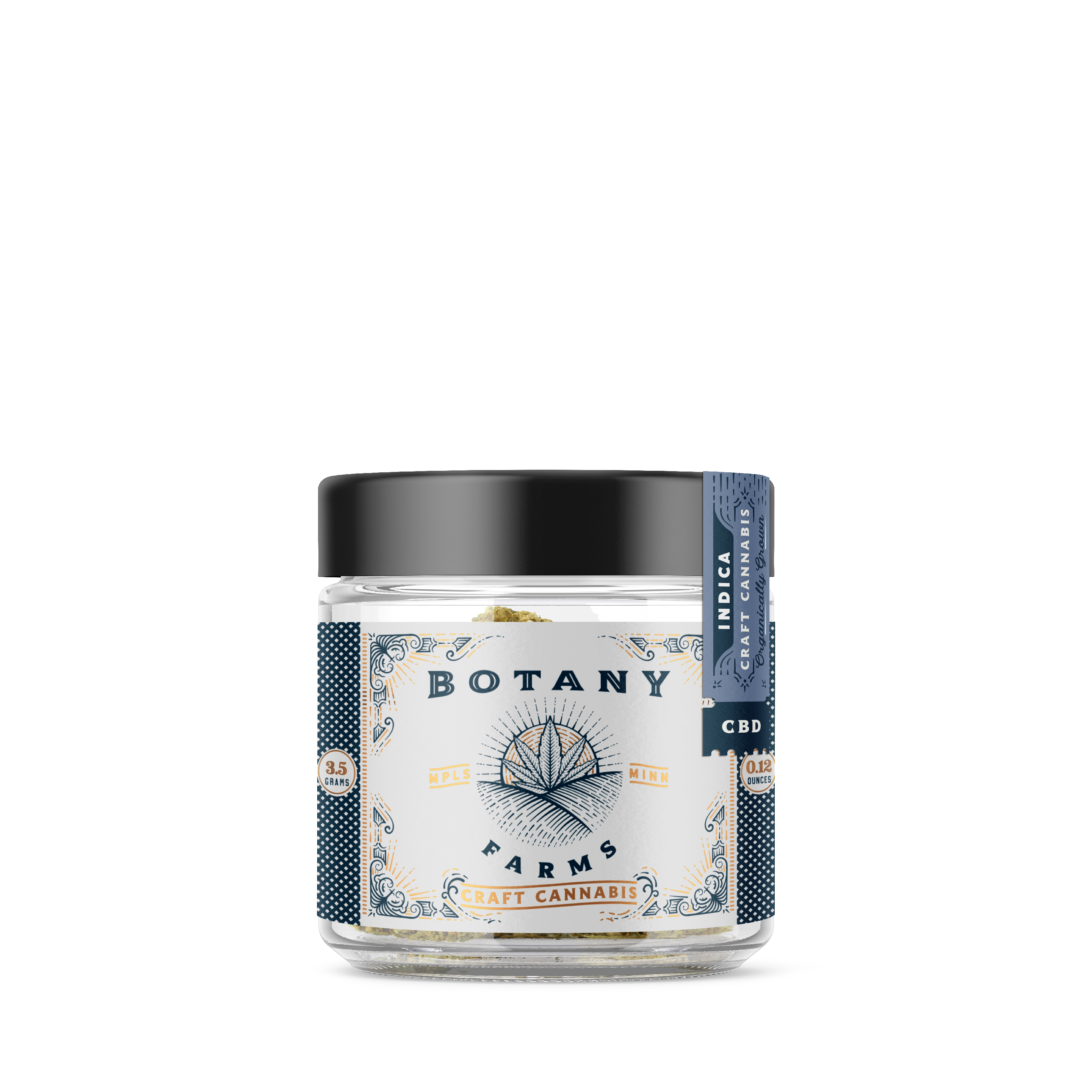- Limonene Terpene
- Limonene Effects
- Limonene Benefits
- Limonene Structure and Boiling Point
- Limonene Allergy
- Limonene in Skin Care
- Limonene Strains
- Extracting Limonene from Oranges
- How Much Limonene is in an Orange Peel
- D-Limonene vs Limonene
- D-Limonene for Anxiety
- D-Limonene for Cleaning
- D-Limonene for LPR
If you are familiar with the fragrance of oranges, you are familiar with limonene. It is an oil extracted from citrus fruit peels, and it has a prominent presence in many varieties of cannabis. There are over 100 terpenes in the cannabis plant, and limonene is the third most abundant in many strains.
As the second most prevalent terpene on Earth, people have been extracting essential oils from citrus fruits for centuries. Today, limonene is often used as a natural treatment for a variety of health issues. Furthermore, it is a popular ingredient as a flavoring agent in food manufacturing, household cleaning agents, cosmetics, fragrances, and body creams.
This article goes through limonene’s uses, potential benefits, side effects, and many more. Stay with us to discover everything you need to know when it comes to limonene.
Limonene Terpene
Limonene comes from the word “limon”, which means "lemon". This is an abundant cannabis terpene with an unmistakable citrus aroma, most commonly resembling lemon, tangerine, and grapefruit. This chemical is concentrated in the rind of citrus fruits such as limes and oranges, contributing to the characteristic odor of their peel or juice.
Limonene is also a major component of the aromatic scents and resins characteristic of numerous coniferous and broadleaved trees, such as red and silver maple, cottonwoods, aspens, rosemary, and various pines. Hidden in the very same glands that produce cannabinoids, the limonene terpene is an aromatic oil with a distinctive citrus flavor.
It is one of the many varieties of terpenes that have been identified in cannabis plants, developed for adaptive purposes such as repelling predators and luring pollinators. In fact, this unique terpene, along with myrcene, plays a key role in many healing processes when consumed with cannabinoids, thanks to its beneficial medical effects.
Limonene Effects
Cannabis strains high in limonene often provide an energetic experience owing to their mood-elevating and euphoric effects. It’s also well known for its potent antibacterial, antimicrobial, and antifungal effects.
Limonene Benefits
Limonene is one of the most well-studied terpenes found in cannabis and has a variety of effects on the immune system. It also facilitates the assimilation of other substances by increasing the cell permeability of the human body.
Moreover, limonene has been studied for its properties and potential against many diseases. Researchers have proved that this amazing cannabis terpene appears to have a variety of benefits that can prevent and treat many types of disorders. They include:
-
Analgesic and anti-inflammatory effects: Limonene has the ability to reduce disease activity and organ damage while reducing inflammatory markers by bringing down nitric oxide production, which plays a crucial role in inflammatory pathways that relate to osteoarthritis, ulcerative colitis, and even cancer.
-
Antioxidant benefits: This terpene inhibits free radicals that lead to oxidative stress, decreasing cellular damage and inflammation by providing antioxidant effects to these cells.
-
Anti-cancer effects: Researchers have published limonene’s ability to inhibit the growth of cells while suppressing the proliferation of transplanted tumors, proving that it could be used as a possible treatment and prevention for certain types of cancers.
-
Boost your heart health: Limonene reduces blood pressure, irregular heartbeats, cholesterol, blood sugar, and triglyceride levels, lowering your risk of heart disease, which is the leading cause of death in the United States.
-
Improves diabetes symptoms: Limonene burns excess energy rather than storing it inside the body while reducing appetite.
-
Supports healthy digestion: This terpene acts as a gastric protectant, preventing stomach ulcers. Other studies have shown that it improves digestive issues due to its potent antibacterial activity against E. Coli and Listeria, for example, plus its antifungal effects.
- Treats bronchitis and asthma: While these findings are optimistic and their results are promising, the lack of research studies with clinical trials conducted in humans makes it difficult to understand limonene’s efficacy in treating asthma and other respiratory diseases.
Limonene Structure and Boiling Point
Limonene (1-methyl-4-prop-1-en-2-yl-cyclohexene) is an unsaturated hydrocarbon, classed as a terpene. At room temperature, it is a colorless, oily liquid with the smell of oranges. The structure is a cyclic monoterpene, formed by two units of isoprene and six rigid member rings reinforced with a double bond. Its molecular formula is C10H16, and its boiling point is 176 °C (348.8 °F).
Limonene Allergy
Limonene, just like many other terpenes and solvents, may cause irritation when directly applied to the skin. Additionally, it can develop symptoms like watery eyes, vasodilation, and consequent effects on the nose, eyes, bronchial tubes, and lungs.
Apart from this, the Food and Drug Administration (FDA) recognizes it as a safe food additive and a flavoring for humans with very low toxicity when consumed in moderation. Adverse effects are rarely encountered.
Limonene in Skin Care
Limonene has become popular in skin care products and other cosmetics not only because it brings forth a light, natural, and pleasant citrus smell but also for its many important benefits.
Besides its nice aroma, this colorless substance is an effective carrier ingredient, meaning that it increases other ingredient’s effects, helping them to penetrate the surface of the skin more effectively, reaching below the surface, and providing enhanced results.
Furthermore, it is widely used in a variety of skincare products and cosmetics due to its anti-inflammatory effects, which help heal sunburns and other minor irritations. Limonene also reduces puffiness under the eyes or around other areas of the face.
Limonene Strains
Every cannabis strain has its own unique chemical profile. If your favorite bud contains “lemon” or other sour fruits in its name, then it is likely to contain large amounts of limonene. While we wait for further research on the potential medical benefits, let’s check the following elevated limonene content strains:- Sour Lifter
- Goji OG
- White Widow
- Berry White
- Black Cherry Soda
- Purple Hindu Kush
- Banana Kush
- Quantum Kush
- Cinex
- Lemon Skunk
Extracting Limonene from Oranges
Commercially, limonene is obtained from citrus fruits through centrifugal separation or steam distillation. You can extract it from the comfort of your home through hydrodistillation, where grated orange peels are soaked in water and heated until they boil.
This process will distill volatile molecules via steam, creating a condensed colorless oil (limonene) at a temperature just below 100 °C. After this, you can separate this immiscible oil and store it in a clean container. Notice that if you try a direct extraction using heat, it would result in a chemical decomposition, destroying any component involved.
How Much Limonene is in an Orange Peel
It is well known that orange peel is high in monoterpenes, but the latest research has revealed that mandarin, followed by lemons, has higher quantities of limonene. A 2019 study determined that the percentage of limonene in an orange peel is 1.20, while tangerines have 2.70%.
D-Limonene vs Limonene
Limonene is a cyclic monoterpene with the chemical formula C10H16. It occurs in two isomeric forms: the L-isomer and the D-isomer. This last one is the D-Limonene molecule, meaning that it is the D-isomer itself.
While D-Limonene has a fresh orange odor, the L-isomer has a piny, turpentine-like odor. Both are used as flavoring agents, but only D-Limonene is utilized as an ingredient in cosmetics, medicine, and dietary supplements.
D-Limonene for Anxiety
Aromatherapy has gained interest among researchers for the psychotherapeutic quality of fragrant terpenes. Citrusy aromas are known for their calming and therapeutic properties.
Owing to its invigorating and uplifting effect, limonene has been used as an “anti-anxiety agent”. Studies have found that both orally consumed and inhaled, limonene vapor reduces not only anxiety but depression and stress as well.
D-Limonene for Cleaning
Due to its strong citrus aroma along with its antibacterial and antifungal properties, D-limonene has been used for cleaning purposes. This eco-friendly cleaner makes an excellent degreaser when combined with an alkaline detergent. Other household products containing this compound include soaps, shampoos, lotions, perfumes, laundry detergents, and air fresheners.
D-Limonene for LPR
You might be wondering what LPR means. This is a common and mysterious disease called laryngopharyngeal reflux, where stomach juices flow backward through the esophagus to the larynx, causing all sorts of “phantom symptoms”.
These symptoms are intuitively connected to acid indigestion, such as chronic cough and congestion, sore throat, stuffy nose, voice disorders, and lung ailments including pneumonia and asthma. LPR is less about acid and more about pepsin, which is a protein-digesting enzyme that also comes up from the stomach.
This medical disorder is characterized by continuous damage to the tissues of the voice box and throat caused by these pepsins, which can actually remain stuck for days. Fortunately, these can be activated by acids and deactivated by alkalines.
Although we’re often told not to consume citrus fruits if we have reflux, this citrus peel extract appears to have an important role against it. D-limonene protects the esophagus and throat against damage by neutralizing direct injuries and promoting tissue healing. Sadly, all research is "half way there”.
Limonene usually works over a few days. People often feel a little worse for even a week when they start taking it. There are two standard dose regimens. The most commonly used treatment is 1,000 mg of D-limonene's soft gel, once a day for 3 weeks, with your “worst” meal of the day. The other regimen is based on taking 500 mg with every meal.
Both have proven their efficacy in treating reflux diseases. The main side effects are orange-flavored burps, but don't worry because this means that its vapors are currently healing your throat while they're passing through. Definitely, this is an exciting, intriguing compound involved in almost a dozen significant uses.
We’re looking forward to seeing how researchers continue studying its properties in the next few years. In the meantime, keep enjoying the distinguished aroma of limonene and its benefits by rolling your favorite high-in-limonene cannabis strain into a joint. Happy smoking!








